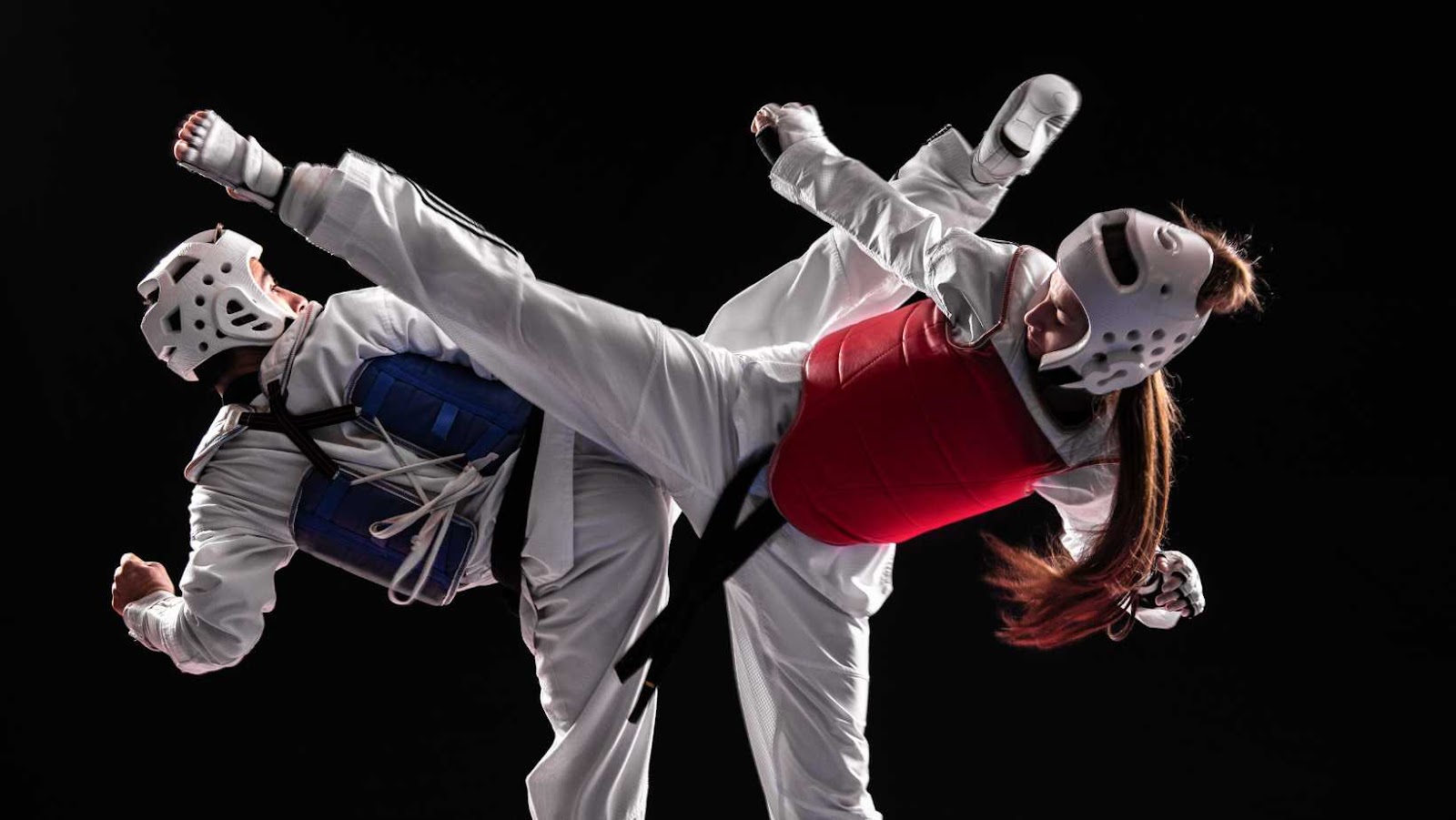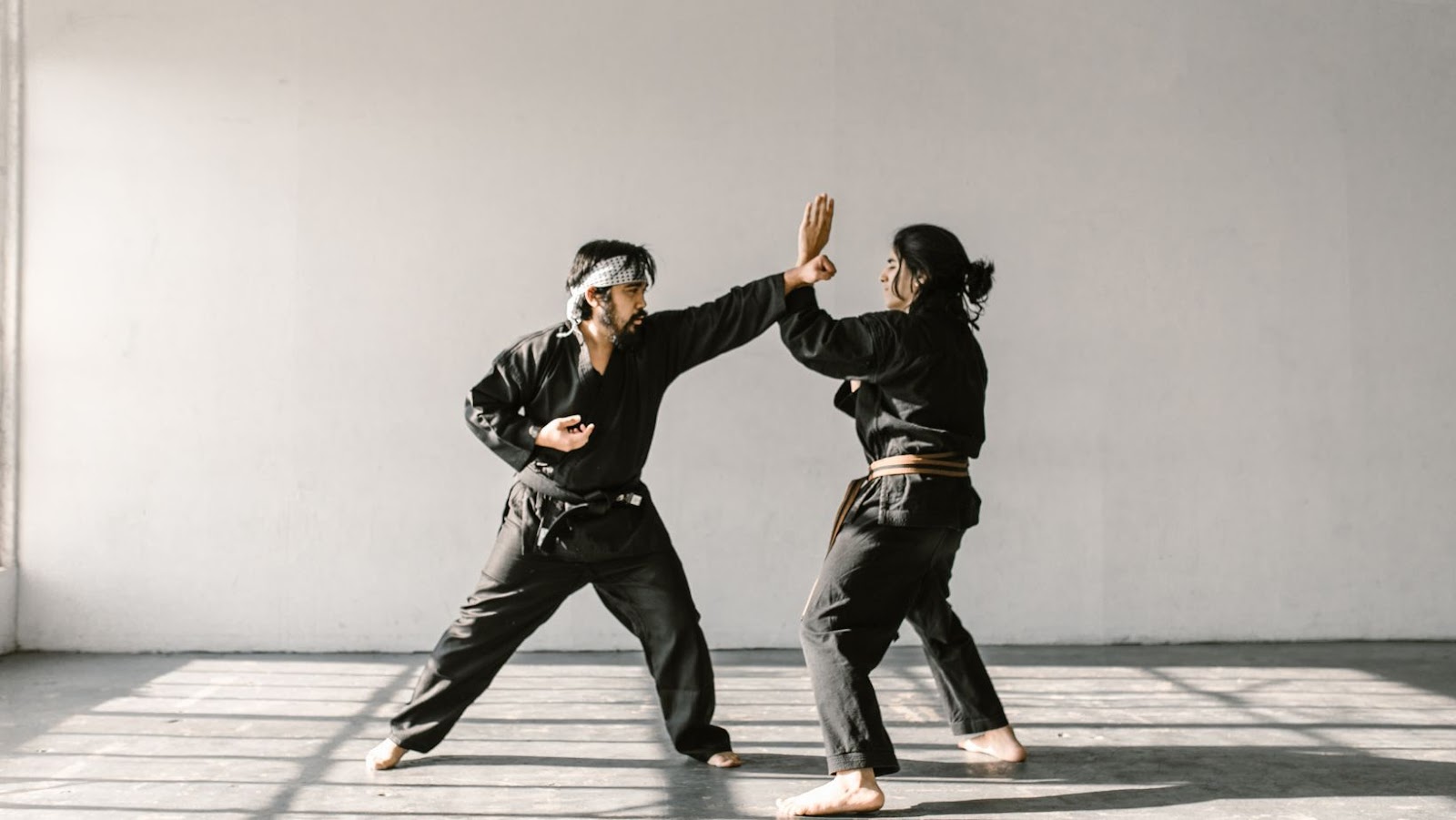There’s no question that judo, karate, and taekwondo are all impressive martial arts. But which of these sports was accepted into the Olympics first? The answer may surprise you: it was actually judo! Karate and taekwondo both have their origins in Japan, but judo was the first of these martial arts to be accepted into the Olympic Games.
The Origins of Judo
Judo is a Japanese martial art that was created in 1882 by Jigoro Kano. It is an extremely popular sport, with millions of practitioners around the world. Judo focuses on throws and takedowns, and it can be practiced with or without clothing. Judo was originally developed as a means of self-defense, but it quickly evolved into a sport. The first Judo competition was held in 1886, and Judo became an official Olympic sport in 1964. Karate is a Japanese martial art that originated in the Ryukyu Islands in the late 1600s. It was brought to Japan in the early 1900s by Gichin Funakoshi, who is credited with spreading the art throughout the country. Karate is a striking art that uses punches, kicks, and other techniques to disable an opponent. Karate competitions are conducted both with and without equipment, and the sport has been an official Olympic event since 1984. Taekwondo is a Korean martial art that originated in the 1940s. It combines elements of Karate and Chinese martial arts, and it is characterized by its use of kicks and open-handed techniques. Taekwondo became an official Olympic sport in 2000, and it is now one of the most popular martial arts in the world.

The Origins of Karate
Karate is a martial art that originated in the Ryukyu Kingdom in what is now Okinawa, Japan. It developed from the indigenous martial arts of Ryukyu Islands under the influence of Chinese Kung Fu.Karatedo is now practiced in almost 200 countries and has become a global phenomenon. The word karate is a combination of two Japanese characters: kara, meaning empty, and te, meaning hand; thus, karate means “empty hand.” Adding the suffix -do to a word indicates that it is a way or path; therefore, karate-do means “the way (or path) of empty hand.”
Which Was Accepted by Olympics First Judo Karate or Taekwondo
There are a few reasons why Judo may have been accepted into the Olympics before Karate and Taekwondo. For one, Judo is a Japanese martial art, while Karate and Taekwondo have their origins in China and Korea, respectively. Therefore, Judo was potentially more familiar to the Olympic Committee members who were primarily from Western countries. In addition, Judo is a fairly recent martial art, having been developed in the late 1800s, while Karate and Taekwondo date back centuries. Therefore, Judo may have been seen as more modern and thus more deserving of Olympic recognition.

Why Was Karate Not Accepted by The Olympics Until Later
There are a few possible reasons why Karate was not accepted by the Olympics until later. One reason may be that Karate is not as widely practised as Judo or Taekwondo. Another reason may be that Karate is not as well-known or popular as Judo or Taekwondo. It is also worth noting that, while all three martial arts are from Asia, Judo and Taekwondo come from different countries (Japan and South Korea, respectively) than Karate (which originated in Okinawa, Japan). This may have contributed to the different ways in which each martial art was viewed by the International Olympic Committee.
What Are The Benefits of Judo, Karate, And Taekwondo
Judo, Karate, and Taekwondo are all martial arts that originated from Asia. Judo comes from Japan, Karate from Okinawa (a Japanese island), and Taekwondo from Korea. All three martial arts offer a range of benefits to practitioners. Judo, for example, emphasizes taking an opponent down to the ground, while Karate focuses on striking techniques. Taekwondo is known for its acrobatic kicks. All three martial arts also require discipline and focus from practitioners, helping to improve concentration and coordination. The physical activity involved in Judo, Karate, and Taekwondo can also help to improve strength and cardiovascular health.
